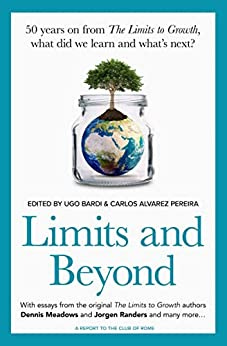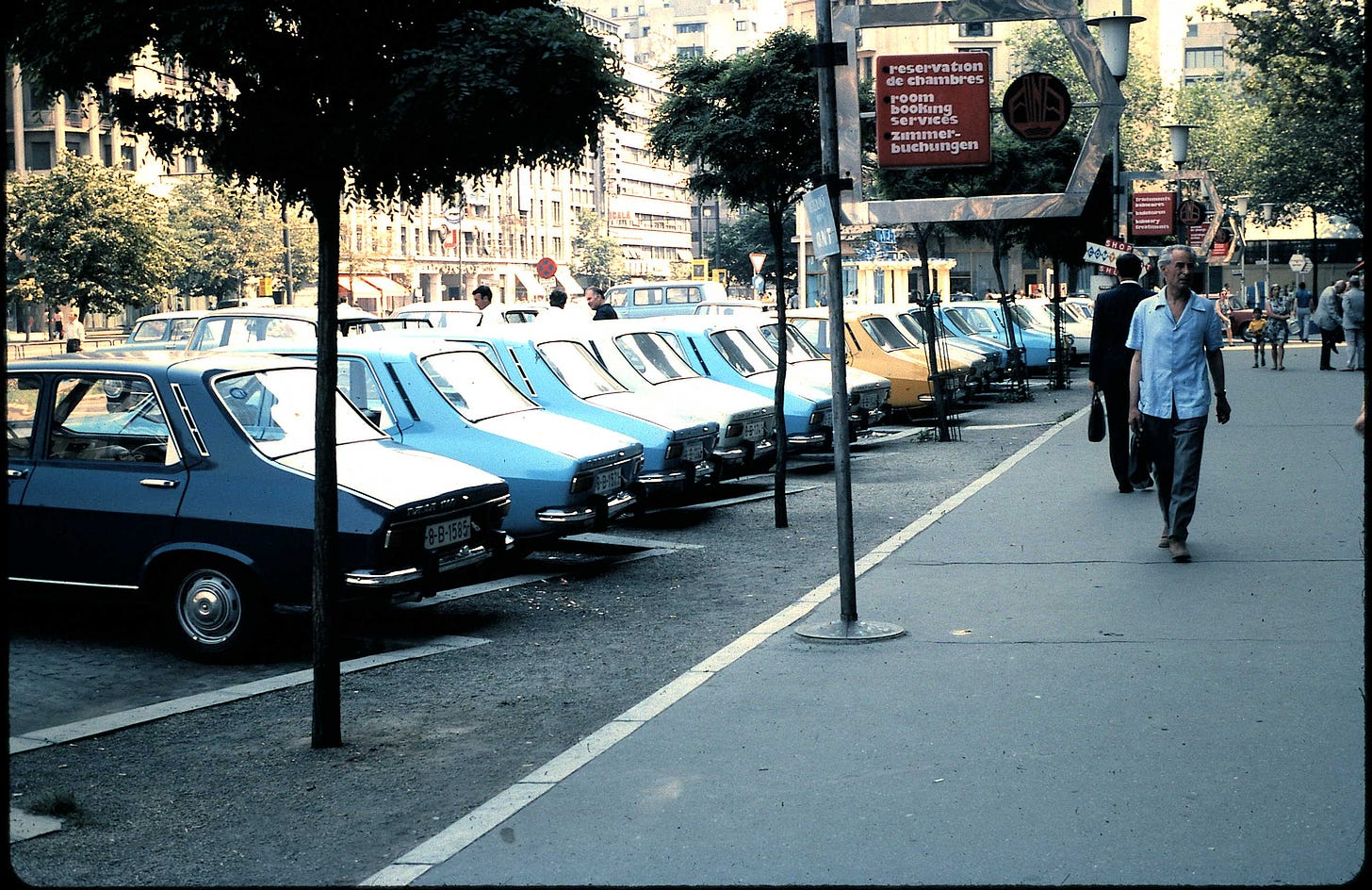Limits and Beyond: The Real World
Chapter 4: Crisis as a Transition
We continue our review of the book Limits and Beyond. Previous reviews are:
The fourth chapter of the book - Crisis as a Transition - was written by Sviatoslav Zabelin. He uses the example of the Soviet Union as an early example of Limits to Growth.
My personal experience does not align with what he says. I spent over six months in the mid-1970s starting up a chemical plant in Romania. At that time the country was under a communist regime. I was by myself (with wife and small child) most of the time. It was a wonderful learning experience for a young chemical engineer given that I was 5,000 miles from the boss, and the phones did not work. I enjoyed the work and learned that Romania is a beautiful country. However, the experience made me very anti-communist; not because of ideology, but because nothing worked. (Chemical plant productivity was appalling.)
In the 1990s I spent time in Russia on the engineering of a mainline pipe from Kazakhstan. The communist regime had gone (I saw Yeltsin) but the system seemed to be pretty much the same as it had been in the times of the U.S.S.R.
Based on these experiences, I see the collapse of their systems as being due to corruption, inadequate training, and lack of corrective economic feedback.
Even now, the recent experiences in Ukraine have taught us that the Russian Federation has tremendous resources, whereas western Europe relies on imports and is much closer to limits.
Later in his chapter, our author says,
There are no hopes for active government actions (I assume that the results of COP 26 will demonstrate this).
In this he is absolutely correct. “Fool me once, shame on you. Fool me twice, shame on me. Fool me 26 times . . . “
He then talks about three areas of “real work”. I challenge the word “real”. His ideas are, well, idealistic.
This morning I participated in a webinar hosted by various companies in the oil and energy industries (the two words - oil and energy - are increasingly conflated). Their discussions to do with carbon capture, shale gas production in the U.S., net zero emissions, and “who will pay for all this?” were “real work”.
“Real work” is something concrete that we can start at 8 o’clock on Monday morning, and that has clear objectives and a project plan.




